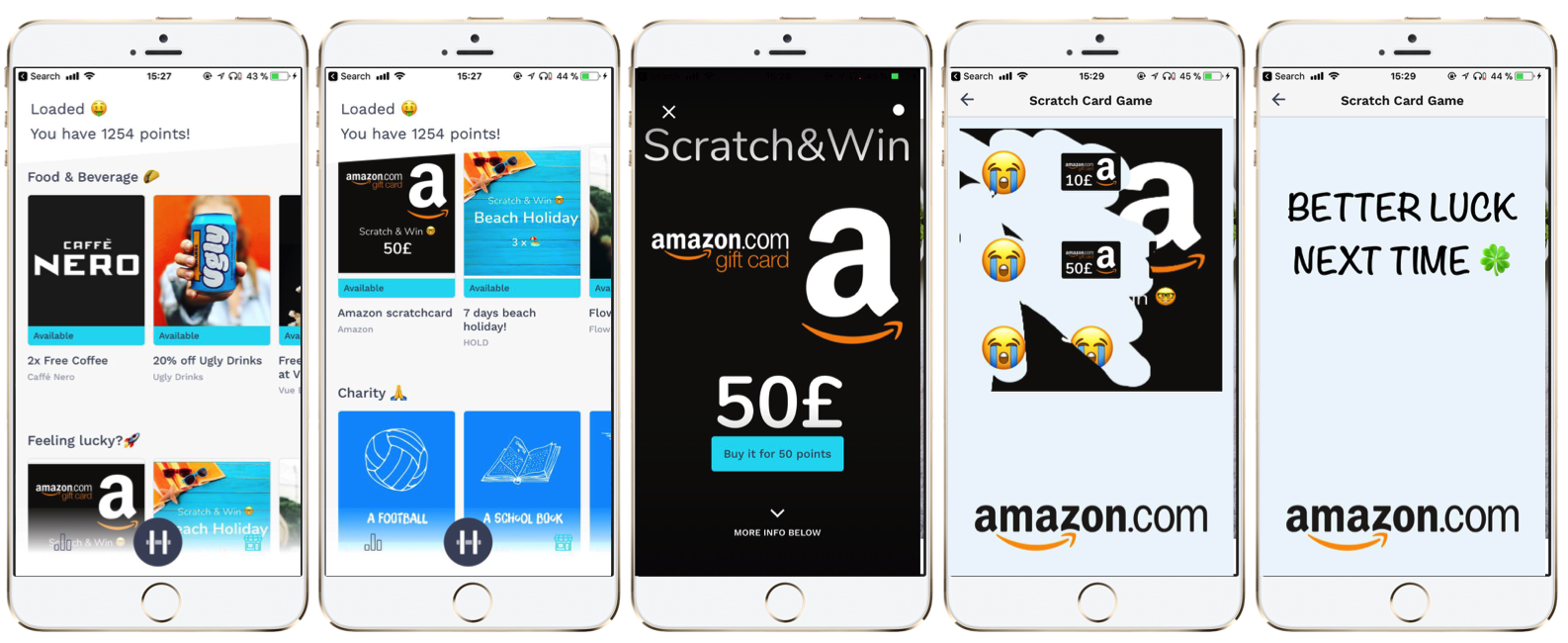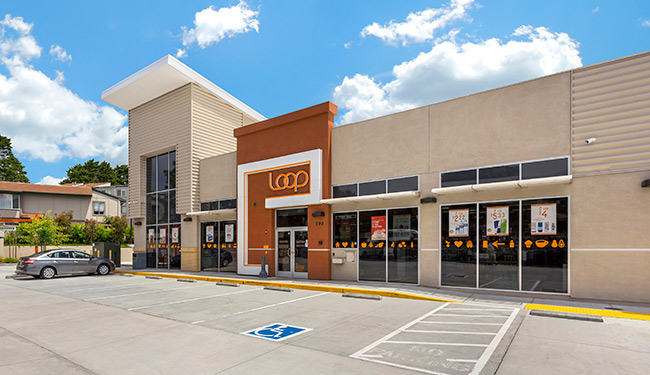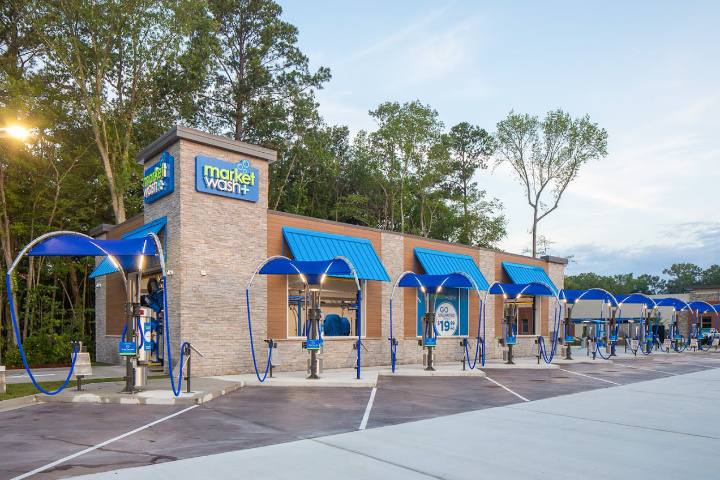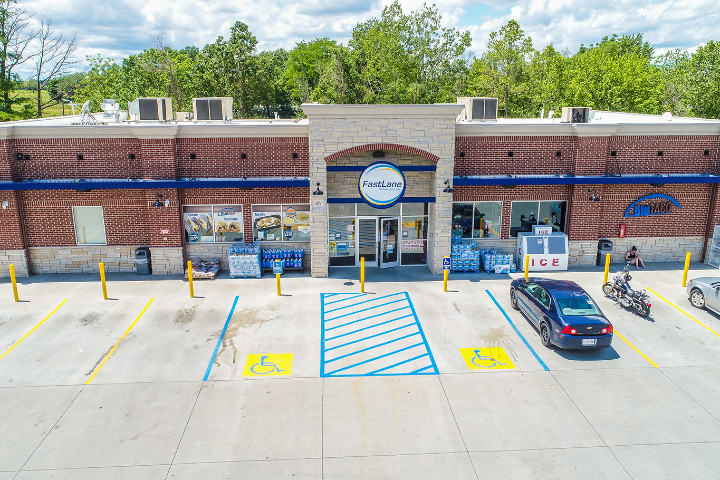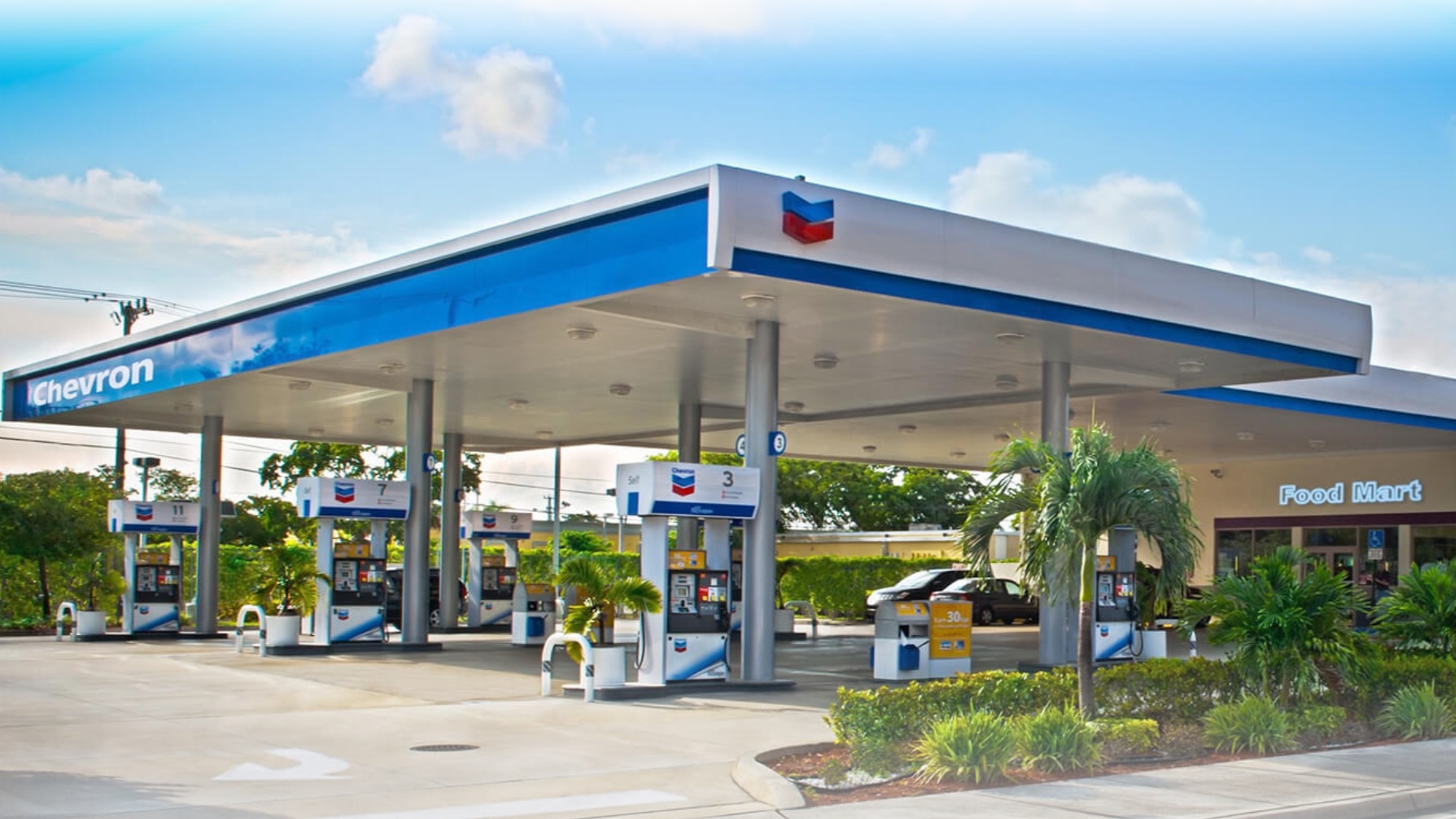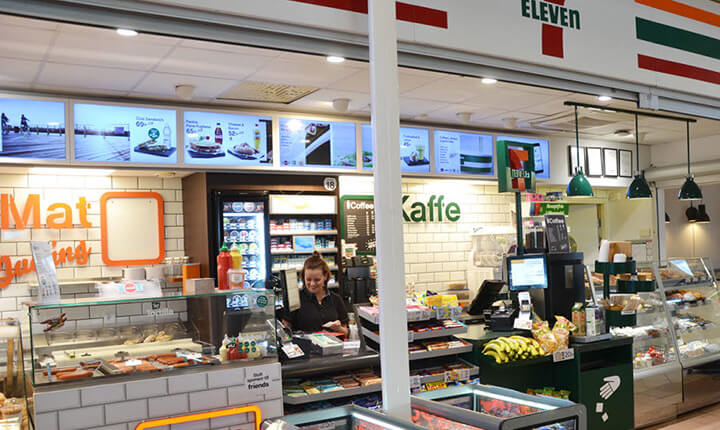HOLD is an app that reward students for focusing at school – an opportunity for convenience retailers and supplier brands.
In Norway HOLD proved their business model and they quickly launched in both Denmark and Sweden. Now HOLD is also launched in the UK.
At their launch in the UK the HOLD team got lots of coverage from the press: The Independent, The Telegraph, BBC, Huffington Post, Yahoo News, MSN Money, Gizmodo etc.
The app is designed to help students do away with the constant distraction of their smartphones while at school. For students HOLD is three things: 1) collect points by not using your phone, 2) exchange points on a marketplace to redeem products or services from HOLD´s commercial partners and 3) compete with friends, schools and other students. For convenience retailers and supplier brands HOLD is an interesting user base to reach – to drive traffic to stores and trials of new products.
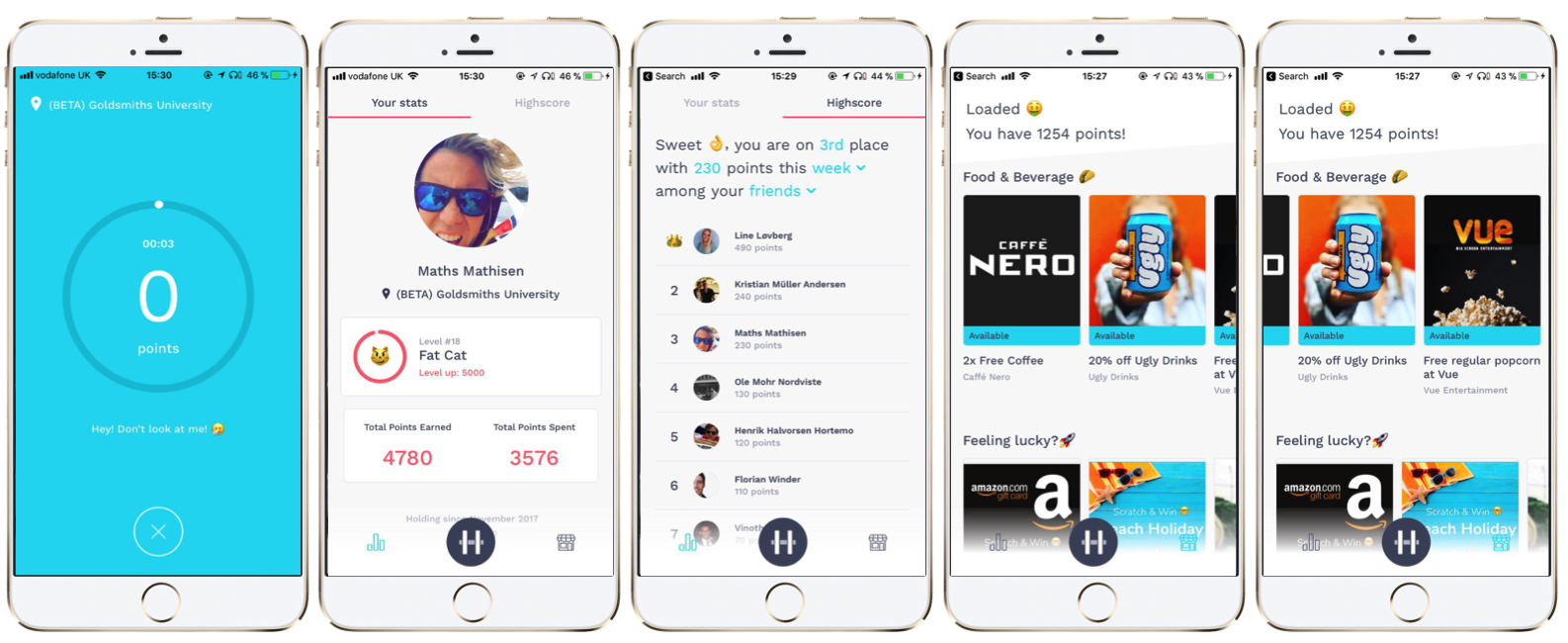
According to Business Insider, reports consistently show that consumers spend upwards of three hours per day on their phones. And that’s an average across all age groups. A study by Deloitte found that millennials (aged 18-24) were using their phones almost 50% more than the next age group (25-34), measured in terms of ‘looks per day’. According to Hold, the average student checks their phones 200 times a day. That’s a problem, because research shows that you take in a lot more information when you put your phone away – as much as 62%. And that, in turn, converts to 30% higher grades.
That’s where HOLD can make a difference. And that´s why HOLD is interesting for brands to be associated with. Because HOLD´s value proposition to retailers and brands is also CSR.
The HOLD app increases focus by offering rewards for students who put away their phone while at school. You simply activate the app and for every 20 minutes not using your phone you score a point, which can then be exchanged for coffee, drinks, yoghurts, snacks, cinema tickets, online codes, physical products – you name it.
Hold AS was founded by the students Maths Mathisen, Florian Winder, and Vinoth Vinaya, from Copenhagen Business School.
“As students we realized how easy it was to lose focus in a flood of incoming messages, snaps and the like. Even though we were aware of the advantages of staying off the phone, it wasn’t enough to put the phone away”, says Vinoth Vinaya
The business model is based on giving brands exposure to a difficult crowd. So what’s in it for them? Students are notoriously tricky customers. 50% use ad blockers, they exhibit little brand loyalty, and are difficult to engage.
“By connecting students and businesses on a two-sided platform, value is created for both sides. Students increase their focus in school and get rewarded for it. Businesses have access to a powerful channel and lots of positive exposure,” explains Vinoth Vinaya.


